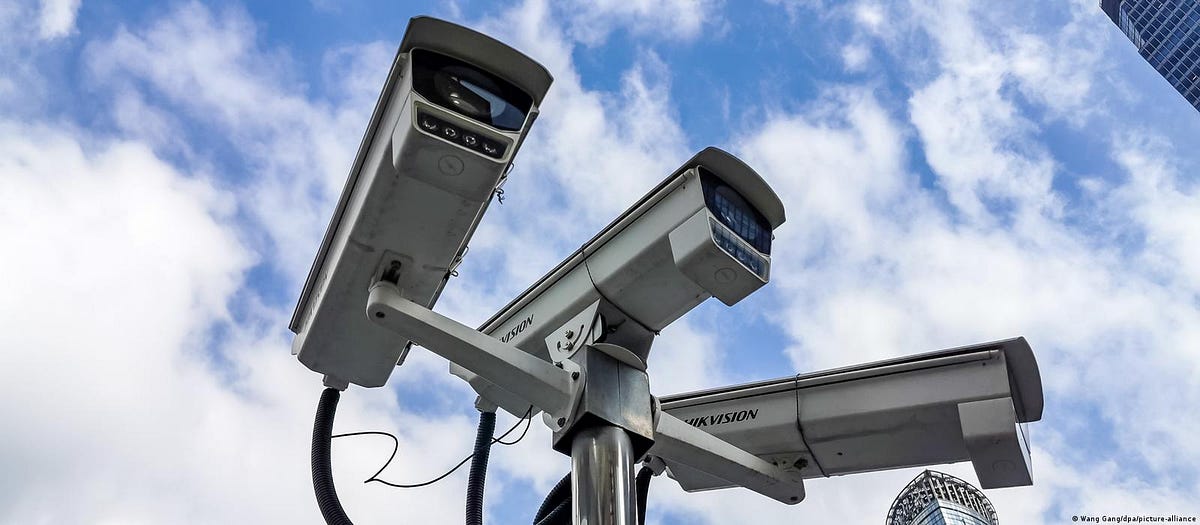A dispute is brewing in Britain over the use of live facial recognition (LFR) technology for surveillance purposes. In a recent incident, London police employed an advanced AI-powered camera near a railway station in Croydon, effectively scanning the faces of unsuspecting passersby. The technology resulted in the arrest of 10 individuals for crimes such as bank fraud, theft, and possession of illegal weapons.
Given its success in trials, the UK government is eager to expand the use of facial recognition as a tool for crime prevention. The policing minister, Chris Philp, emphasized the potential of this technology during a meeting with police chiefs in October. He highlighted the fact that recent deployments led to arrests that would otherwise not have been possible, with no false alerts reported.
However, this call for wider implementation has sparked outrage among some parliamentarians. They are urging the government’s privacy regulator to take regulatory action to prevent potential abuse of the technology. These lawmakers argue that live facial recognition surveillance entails the mass processing of sensitive biometric data without individuals’ knowledge, posing a serious threat to the privacy rights of the British public. They fear that public spaces may become environments where people feel constantly monitored by both corporations and the government.
Opponents of the technology have also raised concerns about the potential misuse of LFR by private companies. They believe it represents a significant transfer of power from ordinary individuals to corporations operating in private spaces. Misidentifications could have serious consequences, such as individuals being prevented from making essential purchases or being subjected to intrusive interventions or confrontations with security staff.
Civil liberties groups view the technology as oppressive and argue that it has no place in a democracy. They draw parallels between the use of live facial recognition and George Orwell’s novel “Nineteen Eighty-Four,” where constant surveillance dominates the lives of the characters. Mark Johnson, an advocacy manager for Big Brother Watch, describes the technology as an Orwellian mass surveillance tool that reduces individuals to walking ID cards.
Activists also raise concerns about the potentially excessive power bestowed upon the police through the use of this technology, particularly in relation to protests. Recent legislation has expanded police powers to control and arrest protesters under the Public Order Act, leading critics to worry about potential abuses. Furthermore, opponents question the lack of oversight in the compilation of police watchlists, highlighting instances where protestors and individuals with mental health issues have been included without suspicion of any offenses.
To address these concerns, activists argue that legal and technical oversight is necessary for responsible and ethical use of off-the-shelf versions of this technology. They question whether the police forces have the necessary resources and capacity to ensure this oversight is maintained.
While the UK’s Home Office interior ministry insists that data protection, equality, and human rights laws strictly govern the use of live facial recognition technology, opponents find these assurances unsatisfactory. Previous attempts to introduce compulsory identity cards in the UK have faced strong public resistance. In fact, in June 2023, the European Parliament voted to ban live facial recognition in public spaces.
Lawmakers in the UK who oppose the technology are pushing for even stricter regulations. Conservative MP David Davis, known for his defense of civil liberties, points out that live facial recognition has never received explicit approval from parliament. He raises concerns over potential breaches of civil liberties, citing the extension of custody time limits for terror suspects without charge as an example.
As this debate intensifies, it is clear that the use of live facial recognition technology in public surveillance raises significant concerns about privacy, civil liberties, and the potential for abuse. Striking a balance between effective crime prevention and protecting individual rights will continue to be a challenge for policymakers in the UK.
*Note:
1. Source: Coherent Market Insights, Public sources, Desk research
2. We have leveraged AI tools to mine information and compile it.



